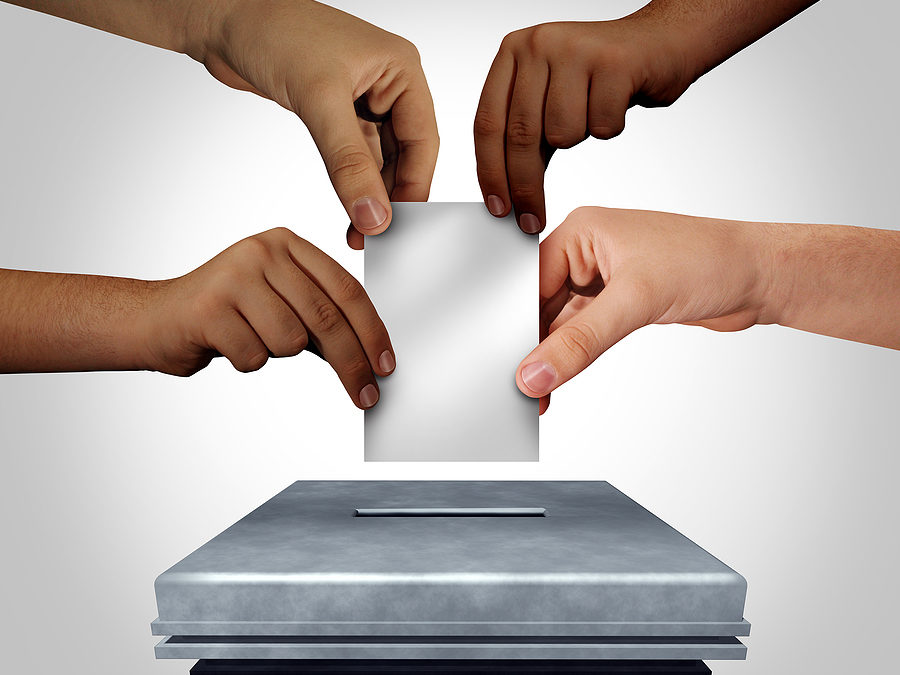
What’s Your Role During the Election?
This election season is a very emotional time. The tension, the polarization, the worry, the uncertainty—all of it adds up to stress. So what is your role and your responsibility as a church leader? Is it to get out the vote? Push for justice? Lead the resistance? Introduce new ideas? To maintain calm and harmony?
The truth is that your people may pull you in different directions. Your spirit may call for actions that are at odds with what your congregation needs from you. Being clear about your role, and communicating it to the people around you, will help you and your congregation manage during this stressful time.
Let’s say you’re not sure about how to play it as a church leader. In that case, let me tell you the wisdom we share with our Creating a Culture of Renewal cohort participants: dare to lead with a bold, forward-looking, Kingdom-oriented vision of the future that expands assumptions about what is possible.
Your Role as a Leader
A vision like this is bigger than any particular candidate and calls people to a positive future no matter who wins or loses the election.
What is your role and your responsibility as a church leader during this election? Click To Tweet
To lead with a vision like this, here are three steps you can take right now:
- Focus on creating pathways of listening and understanding that will survive Election Day. No matter how this presidential election goes, your faith community will have a better chance of having a positive vision of the future if communications are grounded. The vision must be grounded in Kingdom-oriented values including equity, love, forgiveness, inclusiveness, empathy, and love.
- Establish yourself as a non-anxious leader who is present for ALL the people you lead. Do this regardless of political affiliation, by resisting fear-mongering and divisive pronouncements.
- Do be courageous in lifting Kingdom values. You do this while recognizing that Democrats, Republicans, Independents, Undecideds, and the Politically Disengaged can all participate in God’s Kingdom vision.
Your Role in This Election
The pull for political polarization is so strong that it may take up residence in your psyche and spirit. To lead from polarization is to reinforce its imprint on your faith community. In the long run, that won’t serve you or the Gospel well. Love your enemies, do good to those who hate you, and that sort of thing.
It’s a relief to remember that the Kingdom of God is bigger. It is bigger than an election and bigger than a president. It is bigger than an administration or a government. The Kingdom of God is a gift from God that can neither be mandated nor dismantled by an election. It’s a reality that first and foremost exists within.
At the same time, even faith leaders are participants in this democracy. That’s why I’m inviting you to join me for a series of post-election debriefs called Democracy, Faith and the Common Good. During these one-hour sessions, learn from others as we engage in post-election discussion, prayer, and planning.
In the meantime, don’t forget to vote.

